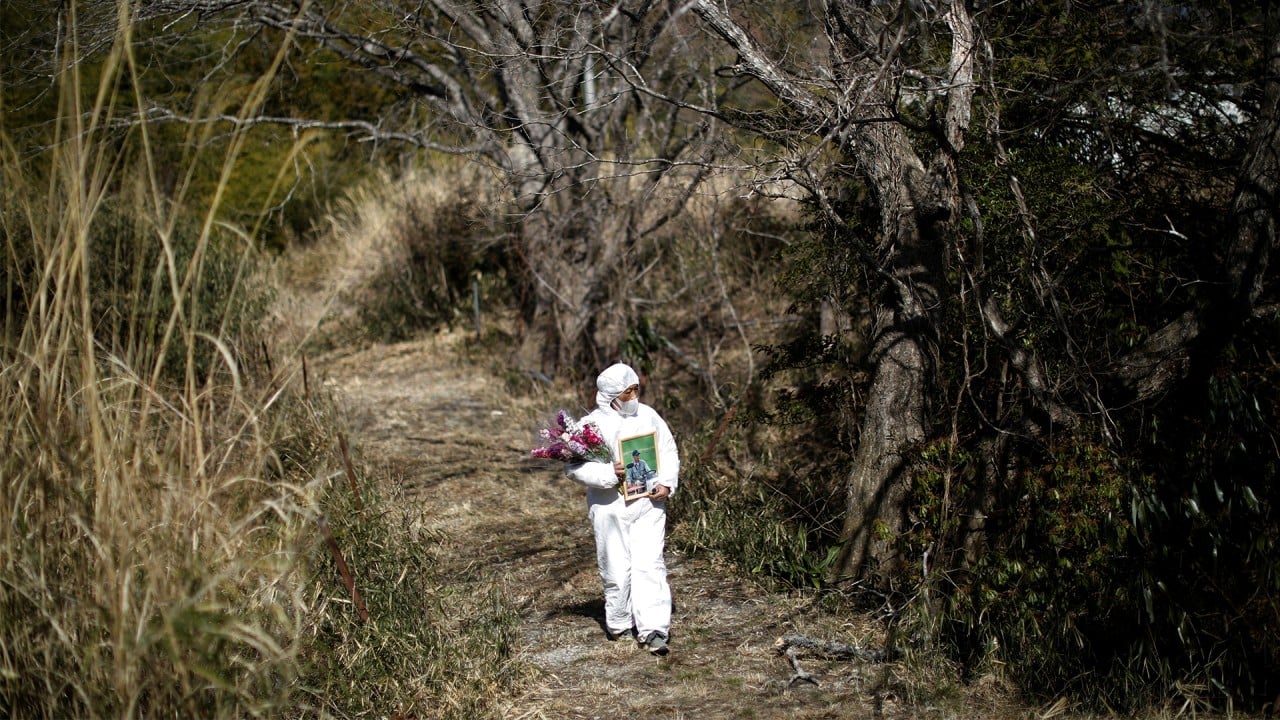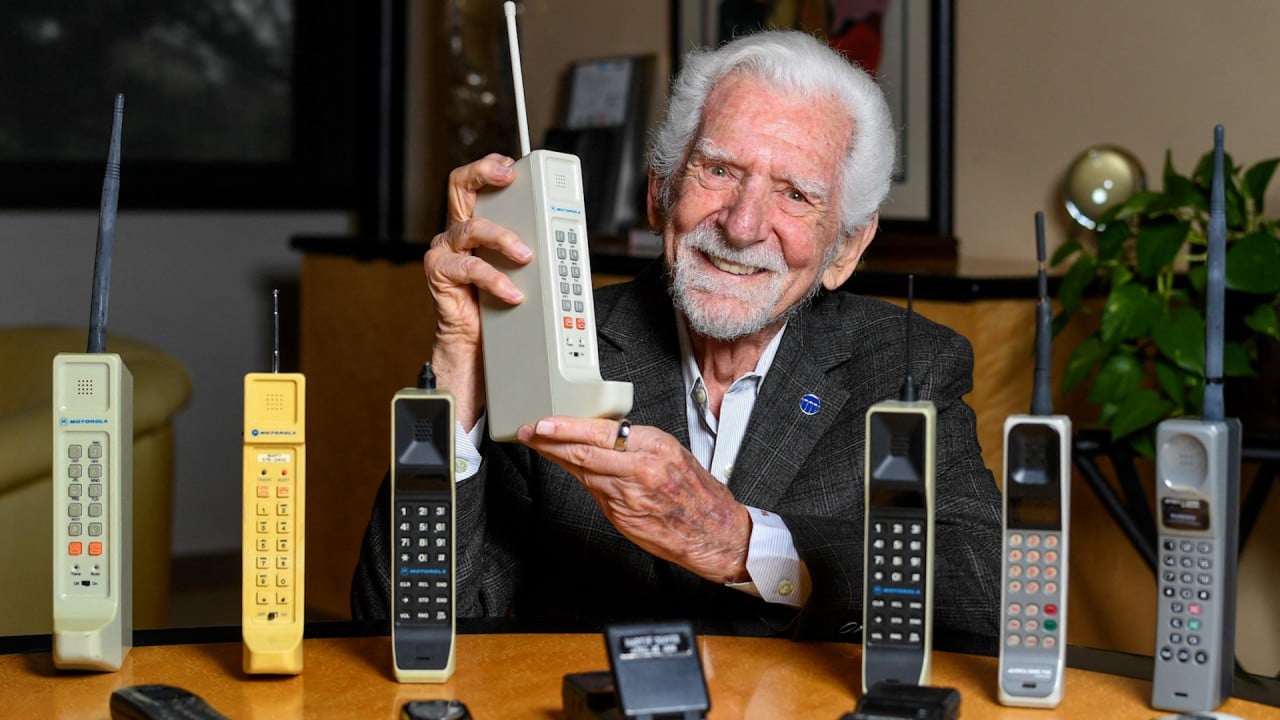
14 Jan Opinion | World in crisis must leave room for serendipity to right its ship
Neither do I mean just happy or lucky developments, though this was certainly implied by the creator of the concept, the “genial dilettante” Horace Walpole. He recalled the ancient tale of the inventive travels of the Three Princes of Serendip, an ancient Persian term referring to Sri Lanka.
Most of the discussion around serendipity sees it as a lucky and positive force inspiring dramatic innovation, such as Alexander Fleming’s 1928 discovery of penicillin after finding that a green fungus growing in accidentally untended Petri dishes had stifled growth of the staphylococcus bacterium.
More than just being in the right or wrong place at the right or wrong time, it is what we do with unanticipated developments that unleashes truly serendipitous forces. As Louis Pasteur said in 1854: “Chance favours only the prepared mind”. What distinguishes serendipity is not the unexpected itself but rather the combination of the unexpected with a prepared mind that detects opportunity where the inattentive see nothing.
It is in scientific fields that the force of serendipity has been most powerfully recognised. Its influence is the stuff of legend, seen in stories such as Archimedes and his “eureka” moment more than 2,000 years ago or Isaac Newton and his apple tree in the 1660s.
The story of serendipity in bringing about unsought findings in scientific discovery is a long and colourful one. Remember Wilhelm Roentgen, who in 1895 stumbled on X-rays as he researched cathode rays in his Wurzburg laboratory. Consider Raytheon’s Percy Spencer, who in 1950 working close to a compact cavity magnetron – a high-powered vacuum tube that generates microwaves – noticed that the microwaves had melted a candy bar in his pocket, leading to the creation of the microwave oven.
Similar serendipitous “accidents” have been linked with the first use of vaccines, insulin, quinine, superglue, Post-it stickers, Teflon and Velcro, not to mention radioactivity and pulsars.
Beyond the realm of pure science, serendipitous forces have been hard at work in all of our personal and work lives. When I decided in 1968 to take a “gap year” rather than go directly from A-levels to university, I had no inkling of the prodigious impact this decision would have on the rest of my life.
Slip of the tongue: mainland China drops 20 places in English skills rank
Slip of the tongue: mainland China drops 20 places in English skills rank
It is the same in business, where business schools have tried to seed the force of serendipity as a catalyst for corporate creativity and innovation as well as a foundation for competitive advantage.
Such efforts include attempts to create “water cooler moments” or random coffee trials as stimulants for creative exchange, prompts to get us to plant “serendipity hooks” in our conversations or our emails and simple calls for enhanced alertness and curiosity, all aimed at incubating Pasteur’s prepared mind.
David Dodwell is CEO of the trade policy and international relations consultancy Strategic Access, focused on developments and challenges facing the Asia-Pacific over the past four decades


